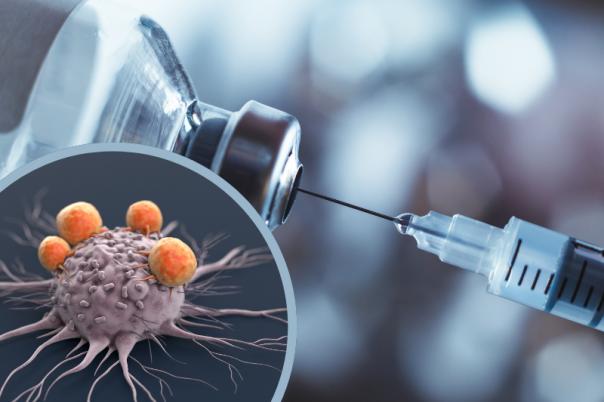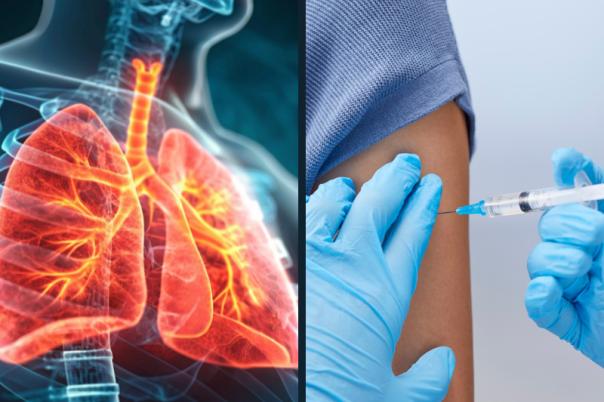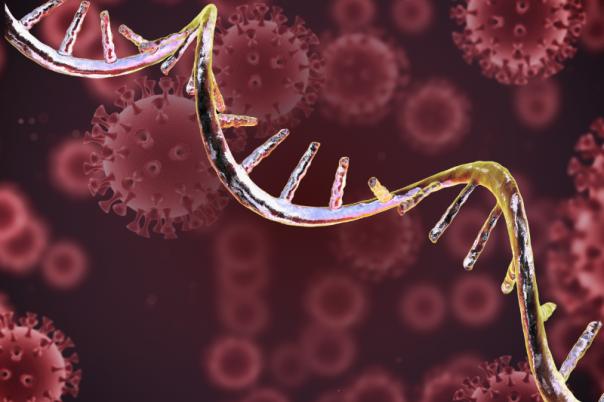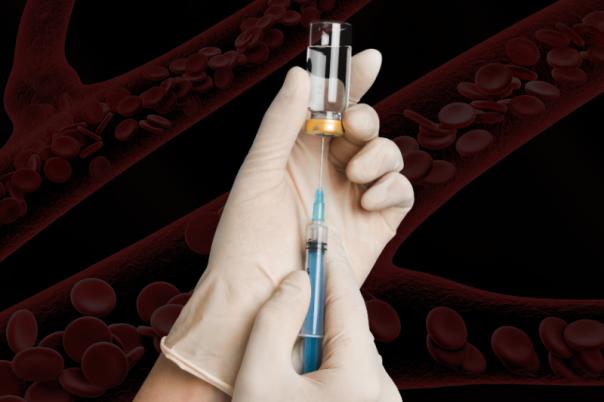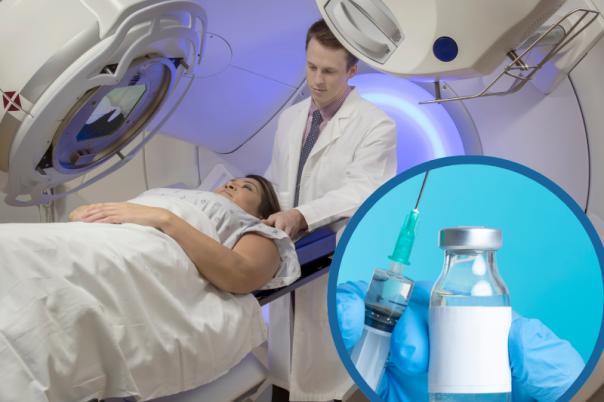Ashley Otter, Principal Investigator of the UK Health Security Agency kicked off his session by explaining that the UK faced a significant Mpox (Monkeypox) outbreak in 2022, starting with an imported case from West Africa and later local transmission among gay, bisexual, and other men who have sex with men. This outbreak led to approximately 4,000 cases in the UK alone and around 100,000 worldwide.
This led researchers to explore and leverage existing vaccines. In the early 2000s, there was a massive campaign against smallpox. Otter briefly outlined the evolution of smallpox vaccines from the first generation (Dryvax) to the third generation (IMVANEX). Dryvax was a lymph node exudate and not very patient-friendly. Still, scientists built on this to create IMVANEX: a vaccine suitable for immunocompromised individuals and those not recommended for the Dryvax.
The hallmark of the success of these vaccines was that antibodies were detected post-vaccination in patients decades later. Otter stated: “You can see that some people even 80 years since their first vaccine, you still detect an IgG response to smallpox antigens or that bind the virus as well.” The IMVANEX vaccine was licenced for emergency use for Monkeypox.
Otter conducted a comparative study on immune responses between vaccinated and infected Mpox individuals. The study compared immune responses in IMVANEX vaccinated individuals at different times. The results showed variation: some individuals mounted an immune response but the response was not sustained, and some did not produce any immune response.
He said: “So, you can see here where when you move on to the smallpox vaccinated and the Mpox infected, you see very strong correlation that there is generally a shared immune response between vaccinated and infected.”
The study also indicated that there are several key immunodominant antigens like A27, M1R, and A35R that foster differential immune responses. A7 was identified as a good marker for infection only since it is not present in the vaccine strain. In relation to antibody resilience, the study demonstrated that antibodies induced by the first dose of the vaccine did not persist as long as desired. Meanwhile, the immune response improved significantly with the second dose, but it became more difficult to separate vaccinated and infected individuals over time.
Otter concluded with a brief mention of a need for fourth-generation vaccines. There is ongoing research into subunit, DNA, mRNA, and vector vaccines showing promising results for broader
cross-protection against orthopox viruses. This presentation reiterates the significance of cross protection and the need for vaccines that cover a wider range of orthopox vaccines.


